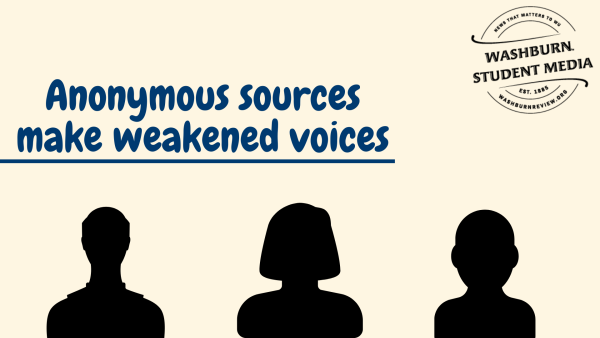Pre-college philosophy courses aid society, Part 1
Any common discussion of philosophy involves the invocation of the Ancient Greeks, especially of Socrates, the famous critic of Athens; Plato, with his famous allegory of the cave and Aristotle, who founded logic and wrote “Nicomachean Ethics.” The questions they asked, the ways in which they went about exploring them and the ideas that developed out of that are still influential today—even if we aren’t conscious of their hold on us.
Nearly 2500 years ago, Philosophy was held in very high regard. It was usually practiced and mastered by the elites in the society. Their practiced ability of scrutiny and critical thinking were held as great ideals to strive for. Now, while we still hold certain concepts as ideals, sometimes to a spiritual extent, we have forgotten about the philosophy behind them. Philosophy, as an academic endeavor, has seen a decline, not only in terms of the number of people majoring in it, but also in terms of general interest. According to the American Scholar, the percentage of philosophy majors dropped from a measly 0.9 percent to 0.7 percent from 1970 to 2003.
This does not bode well for the world at large. While that may sound a little far-fetched, the lack of the creation of thoughtful citizens who are able to think philosophically poses an increasingly devastating problem.
One important concept that can be learned through the study of philosophy is Metaphysics.
Metaphysics is a brand of philosophy that deals with reality and the nature of being and existence. At first glance, it’s an abstract undertaking and the number of issues with metaphysical underpinnings is large.
One issue with metaphysics is that it is highly categorized. Philosopher John Dupré argues that the sciences’ claim that their method of categorization is the best way to make predictions about the world doesn’t really hold water when one looks at it closely. He said there are other equally competent methods of categorization that serve specific functions, it makes more logical sense. For example, using reproductive isolation as a marker, biologists insist that pinpointing exact species is the primary way to know about the natural world. However, that doesn’t work for plants as plants don’t exhibit a high degree of reproductive isolation, meaning that two different species can’t produce an offspring. This gets messier when we look at asexual organisms, like some types of bacteria.
Biology also looks at genes as a means of differentiation but this method hits a brick wall when faced with real-world problems. One only has to look at the case of the Lumbee Indians to see this at play.
The Lumbee Indians have been seeking recognition as a tribe for quite some time now, and the biggest barrier they are facing is their genetic makeup. Their racial category is a blurry subject because of their history of interracial marriage. For the Bureau of Indian Affairs, the Lumbee have never been “Indian enough.” However, the Lumbee are steeped in Native American culture and follow customs unique to them.
This lack of a clear categorization means that the Lumbee are stuck in a limbo, unsure whether they will get federal aid like recognized tribes do. How would one bestow them with tribe-hood and who decides? This is a metaphysical question of great importance, as giving them federal aid would mean that funds would need to be redistributed among tribes. It could also mean that the government has to move their focus from other investments in arms, education and whatnot. Not giving them aid would just weaken the minority even more.
What’s worse is that someone that follows the same categorization that biologists do making the decision would be ruinous for everyone. It would be much better if a philosophically conscious person with a different approach took the reins and made a more thoughtful decision.
As one can see, our lives are permeated by philosophical assumptions, and knowing why we have certain opinions and how they came to us can make us more thoughtful and conscious of our issues. Philosophical training can guide us out of a prison of closed ideas, even if we disagree with the numerous positions and ideas. Teaching it at a lower level than college can only bring benefits, like spreading the message to a wider population.
Keep a lookout for Part 2 of this article to find out more about benefits of pre-college Philosophy courses.
Your donation will support the student journalists of Washburn University. Your contribution will allow us to purchase equipment and cover our annual website hosting costs.







